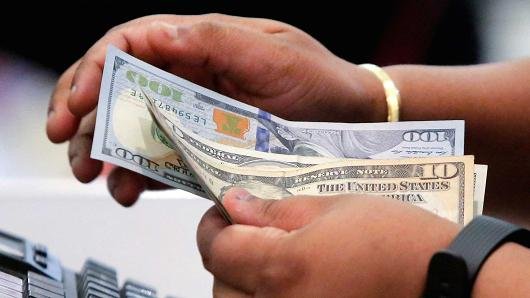
There is a critical global element to the dollar debate as well. A strong dollar is usually the flip side of weaker overseas' currencies, and vice versa. Today, with the dollar weakening, export-oriented firms across Europe and Japan face a bigger headwind. Meanwhile, countries with stronger currencies and relatively attractive bond yields (including many in emerging markets) are attracting capital (sometimes at an unhealthy pace) from U.S. investors, who see a chance to make money through both currency and fixed-income channels.A weaker dollar can result in higher inflation expectations and higher commodity prices — good news at the margin for commodity-related firms, but not so good for Americans frequenting gasoline stations. Further, if the weaker dollar actually translates into higher inflation (often from more expensive commodity and import prices), it could lead the Federal Reserve to react and tighten monetary policy. Higher interest rates are welcomed by savers but frowned upon by anyone holding debt they need to pay back.
the fed should be punished for manipulating the dollar. they are the tether
(USDT) in real life
yah exactly